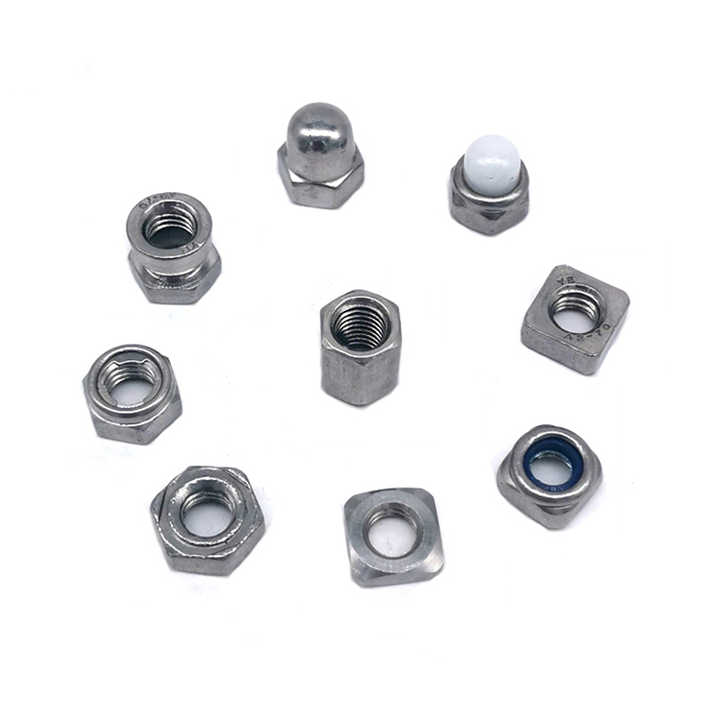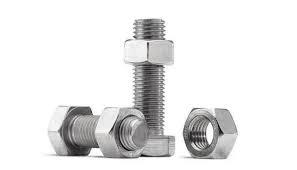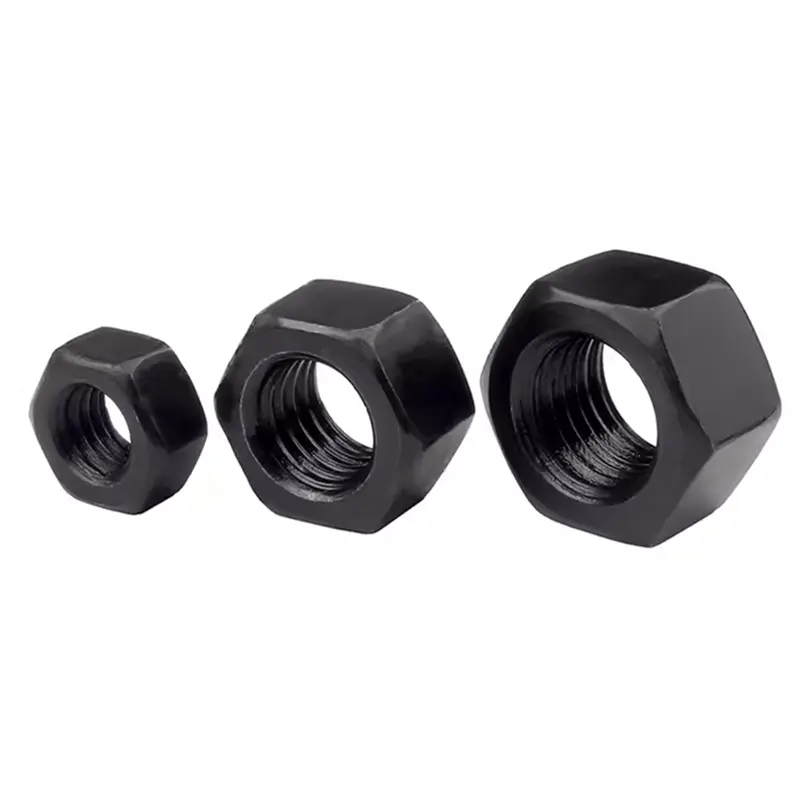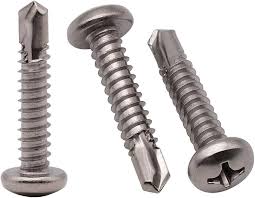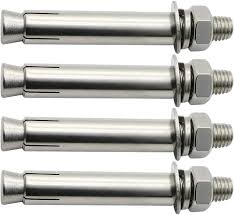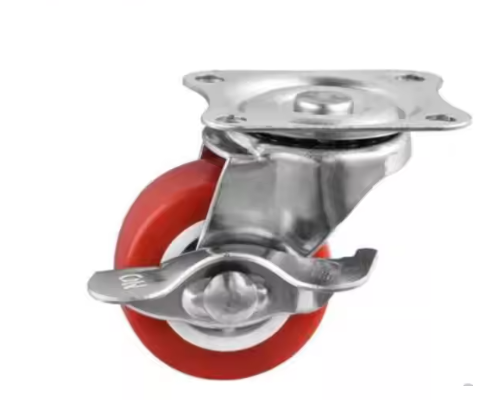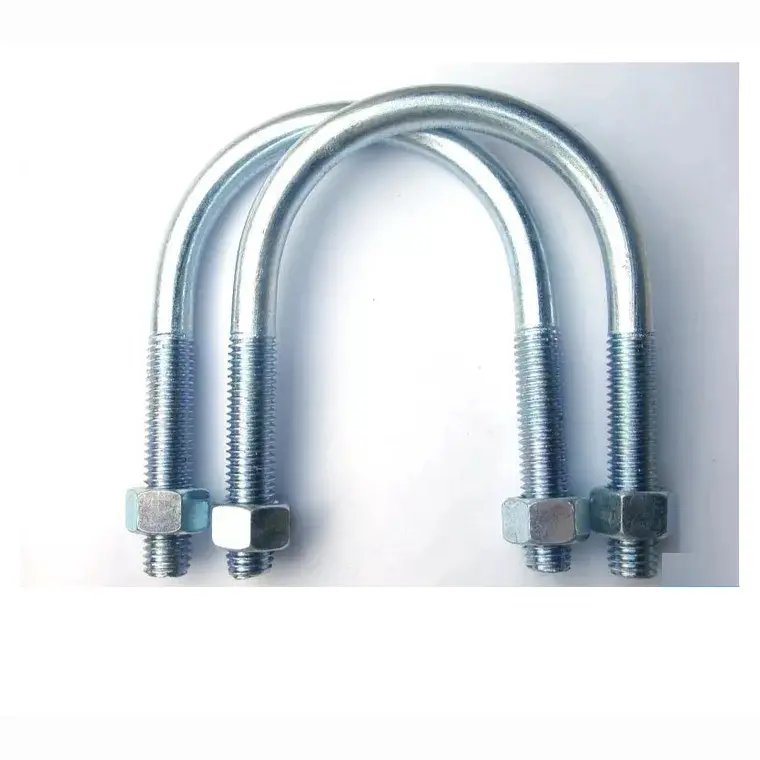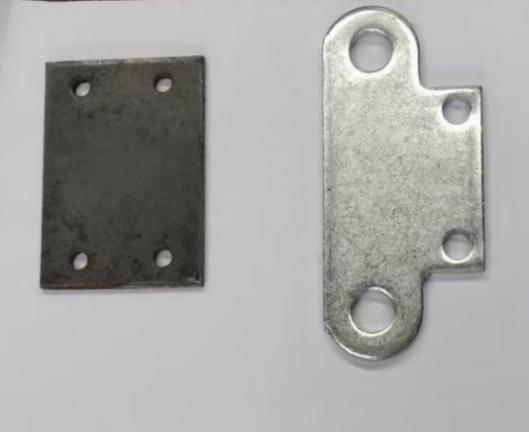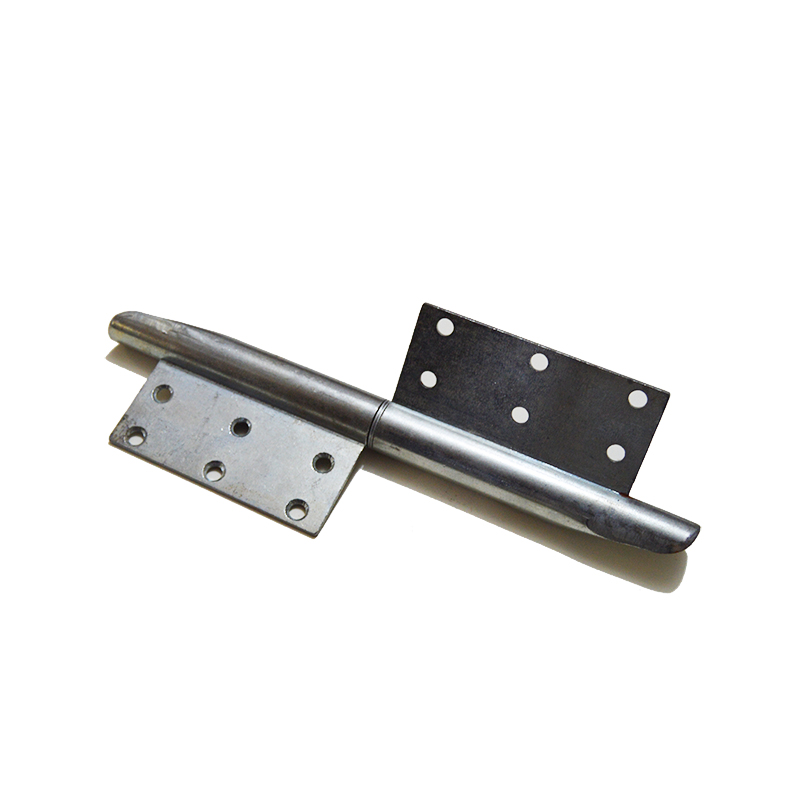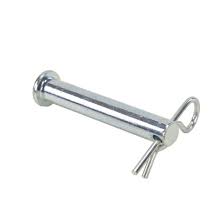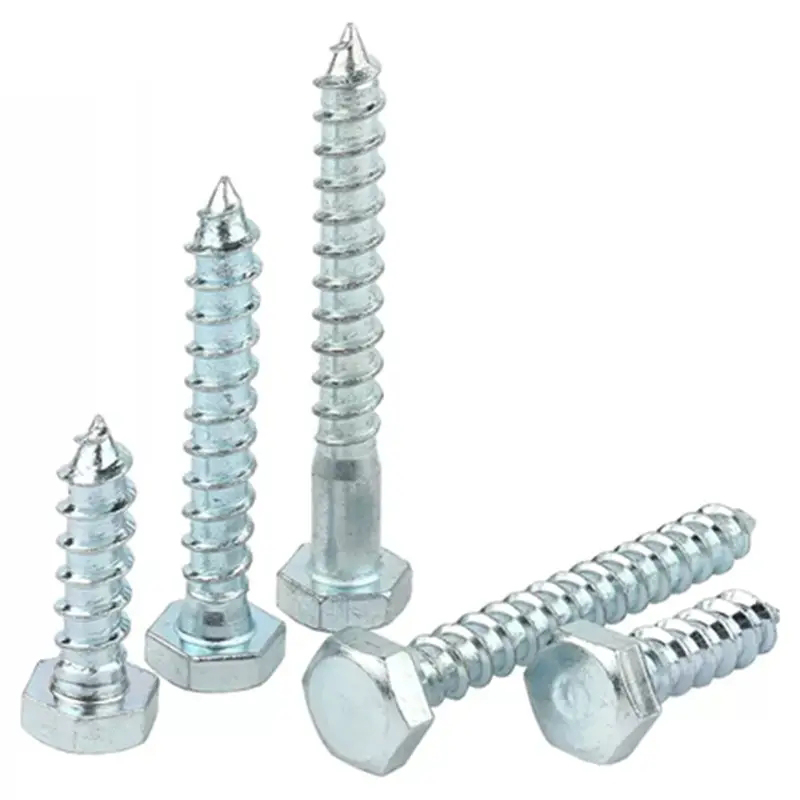

This comprehensive guide explores the world of hex nut screws, providing essential information for selecting the appropriate fastener for your specific needs. We'll cover various types, materials, sizes, and applications, helping you make informed decisions to ensure secure and reliable connections. Learn about the differences between various hex nut screw types and how to identify the right one for your project.
A hex nut screw, also known as a hexagonal nut and bolt assembly, consists of a bolt (a rod with a head) and a nut (a threaded fastener). The nut's hexagonal shape allows for easy tightening and loosening using a wrench. The combination provides a robust and versatile mechanical fastening solution for a wide range of applications. Understanding the nuances of different hex nut screws is crucial for successful project completion.
Hex nut screws are available in various materials, each offering unique properties:
The thread type significantly impacts the strength and application of the hex nut screw:
While the nut is typically hexagonal, the bolt head can vary:
Selecting the correct hex nut screw involves considering several factors:
| Factor | Considerations |
|---|---|
| Material | Strength, corrosion resistance, environmental conditions |
| Thread Type | Compatibility with existing components, application requirements |
| Size | Application requirements, load-bearing capacity |
| Head Style | Accessibility, aesthetic considerations |
| Application | Load requirements, vibration resistance, operating temperature |
Always consult relevant engineering standards and specifications to ensure the chosen hex nut screw meets the required safety and performance standards. For high-stakes applications, professional engineering advice is recommended.
Reliable suppliers are crucial for securing high-quality hex nut screws. Hebei Dewell Metal Products Co., LTD (https://www.deweLLfastener.com/) is a reputable manufacturer offering a wide range of fasteners, including various hex nut screws, catering to diverse industrial and construction needs. They provide detailed specifications and ensure quality control throughout the manufacturing process. Consider contacting them or other reputable suppliers for your hex nut screw requirements.
Remember to always prioritize safety when working with fasteners. Use appropriate tools and techniques to avoid injury. If unsure about any aspect of choosing or using hex nut screws, consult a qualified professional.

